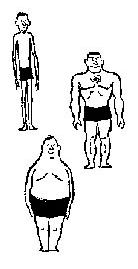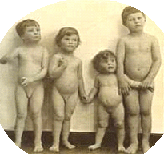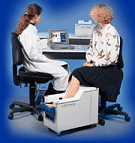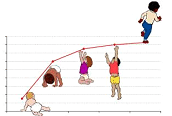

|
Paleoantrhopological researches |
|
| Paleoanthropological
laboratory • paleoanthropological reconstruction of past populations in the Carpathian basin • comparative studies of past populations by osteological features • palopathological studies (prevalence of pathological abnormalities by comparing different geographical and chronological populations in the Carpathian basin) • population historical reconstruction (paleo-ecological, paleopathological and molecular archeogenetical methods) |
  |
| Anthropological researches of living people | |
|
Somatometric and ergonometric laboratory |
 |
| Auxological
laboratory • studies of the relationships among nutritional habits, energy and nutrients intake and body development • studies of the relationship between the environmental factors (life style: habitual physical activity) and body development • studies of somatic development of children and youth by using biological age assessment techniques (bone age, dental age, morphological age, physiological age) |
 |
|
Epidemiological laboratory |
    |
| Information on the topics
of the possible thesis works can be required personally in the department during the staff members' contact hours. |
|
|
Department of Biological Anthropology,
Eötvös Loránd University |